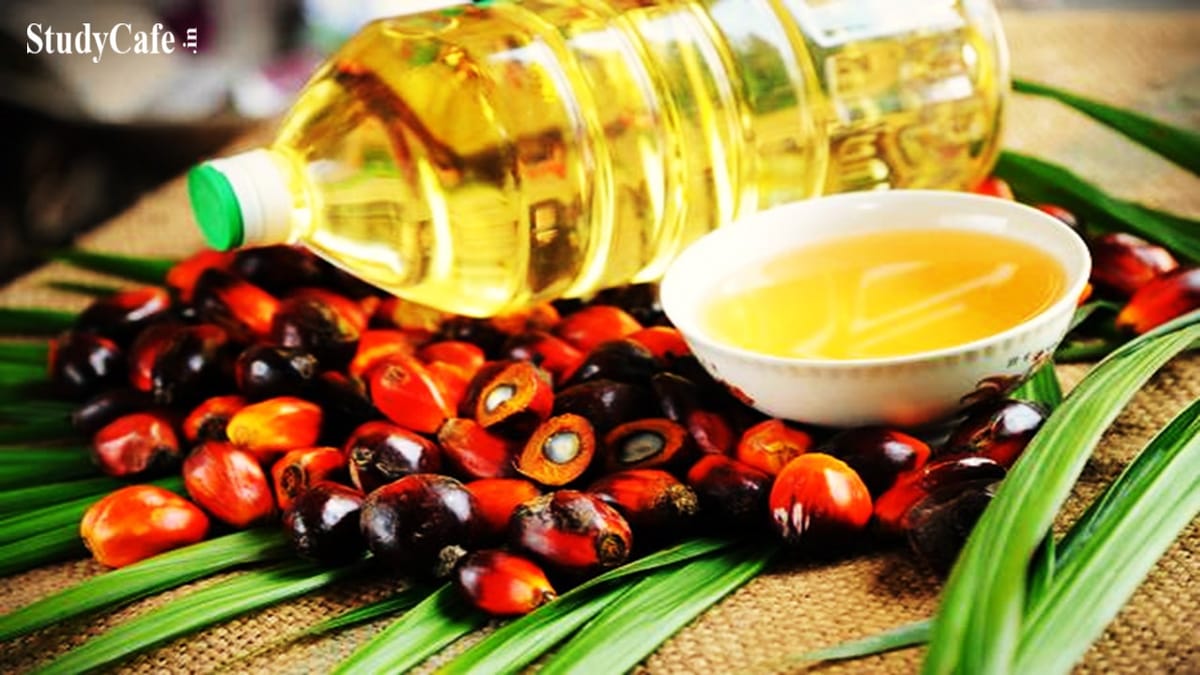Sushmita Goswami | Feb 16, 2022 |

Government Lower Import Duty on Crude Palm Oil to 5 percent
India has lowered its import duty on crude palm oil (CPO) to 5 percent from 7.5 percent, according to a government statement, as the world’s largest edible oil importer strives to keep local costs down and support domestic refiners and consumers.
According to industry officials, the cut in the tax, known as the Agriculture Infrastructure and Development Cess (AIDC), will expand the difference between the import tariffs on CPO and refined palm oil, essentially making it cheaper for Indian refiners to import CPO.
On Sunday, the tax decrease went into effect.
“The import tax gap between CPO and refined palm oil would expand to 8.25 percent after AIDC is reduced,” said B.V. Mehta, executive director of the Mumbai-based Solvent Extractors’ Association of India (SEA).
“This will benefit Indian refiners, but the government should raise the differential to 11% to boost local refining.”
In a separate announcement, the government announced it would extend until September 30 a cut in a separate, basic customs levy on edible oils. The tax break was set to expire on March 31st.
India imports more than two-thirds of its edible oil and has struggled to keep local oil prices from rising in recent months.
Palm oil is mostly imported from leading suppliers Indonesia and Malaysia, while soy and sunflower oils are imported from Argentina, Brazil, Ukraine, and Russia.
According to Sandeep Bajoria, CEO of Sunvin Group, a vegetable oil brokerage and advisory firm, refined palm oil imports accounted for roughly half of India’s total palm oil imports in the last few months.
“With the modification in the tax structure, the share of refined palm oil could come down to 20%,” Bajoria added.
Indian refiners have been pleading with New Delhi to modify the import duty system since refined palm oil was cheaper than CPO due to higher levies placed on CPO exports by producing countries.
In recent months, India’s government has attempted to reign in domestic prices by lowering import levies, establishing stockpile limits, and prohibiting futures trading in edible oils and oilseeds, all in response to an electorate that is very sensitive to food price inflation.
Source: The Economic Times
In case of any Doubt regarding Membership you can mail us at [email protected]
Join Studycafe's WhatsApp Group or Telegram Channel for Latest Updates on Government Job, Sarkari Naukri, Private Jobs, Income Tax, GST, Companies Act, Judgements and CA, CS, ICWA, and MUCH MORE!"